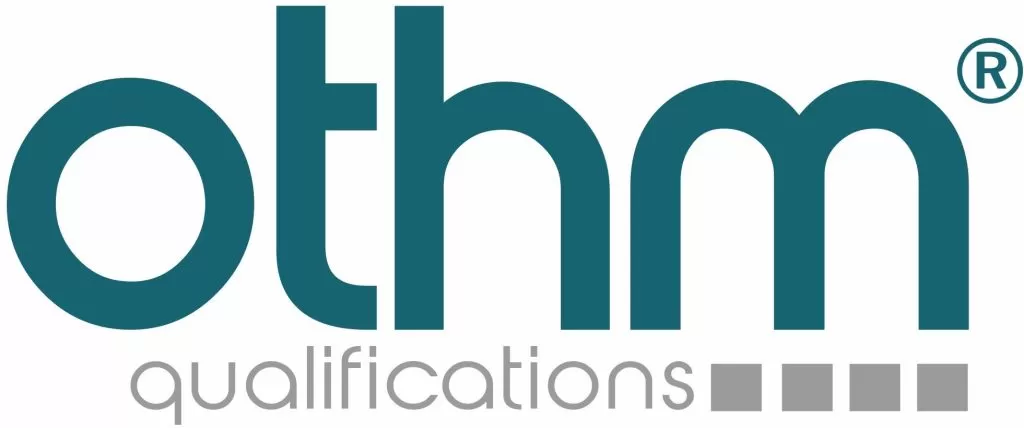
Let us help you find your perfect course!
A dedicated online tutor support to learners
throughout the course.
Our online learning platform allows you to complete the course in your own time and at your own pace.
Your personal details are encrypted using SSL & TLS certifications.
We offer a flexible instalment plan for those who can’t pay their fee all at once.
We provide free educational tips to help you to develop
the skills for a successful career.
Many of our accredited courses offer university progression routes.



